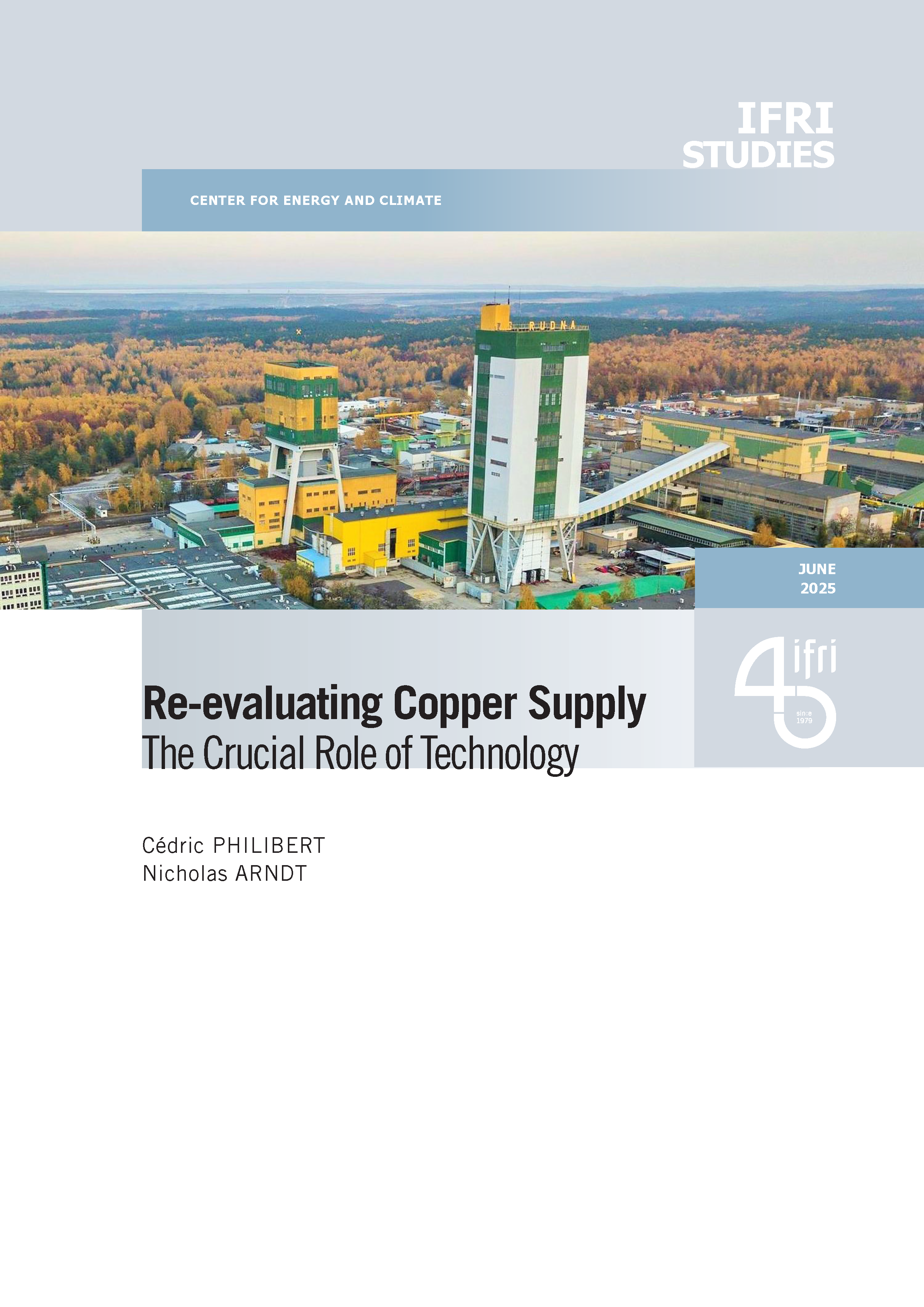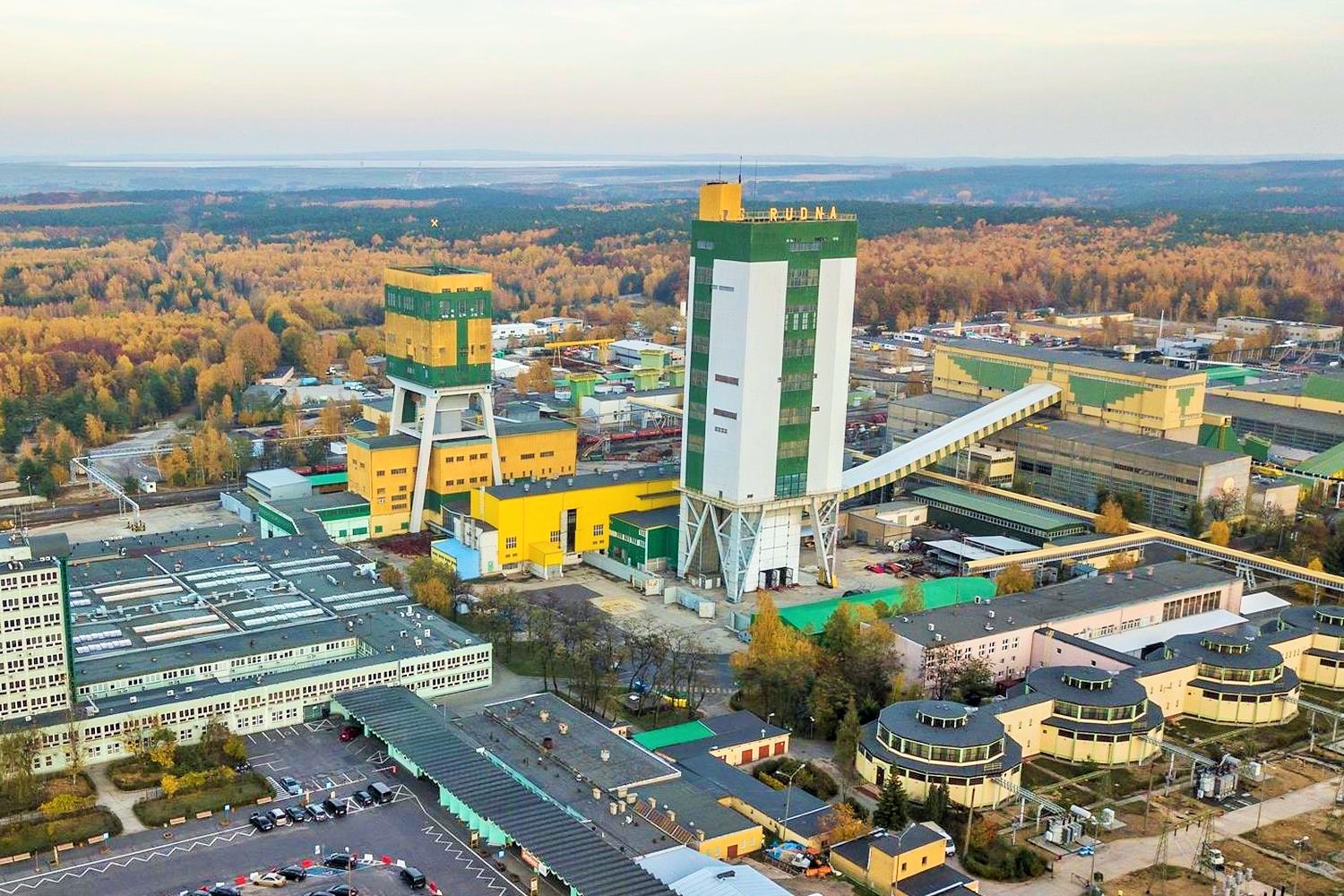Re-evaluating Copper Supply: The Crucial Role of Technology

Some authors argue that the energy transition is doomed to fail due to metal scarcity and the rising energy costs of extraction.

They claim that as ore grades decline, mining will require more fossil fuel, leading to increased greenhouse gas emissions that could undermine decarbonization efforts. Additionally, they warn that expanding mining operations may result in higher freshwater consumption, waste production, and unacceptable environmental degradation.
A closer look at mineral exploration and mining suggests, however, that these concerns may be overstated. Advances in mining technology have enabled the efficient extraction of lower-grade deposits without major increases in energy use. As illustrated by the case of copper, mineral reserves and resources have constantly increased over time. While mining has environmental impacts, its contribution to land use, water consumption and loss of biodiversity remains relatively small. Metal costs have increased but remained broadly affordable.
The demand for metals will significantly increase as the energy transition combines with the digitalisation of the economy and an ever-increasing energy demand from developing countries. In the case of copper, the expected growth rate does not sensibly depart from the last decades. Reserves and resources are large enough to sustain that growth with only a small reduction in ore grade and could further increase if prices increase. A breadth of technical innovations will likely ensure that the specific energy consumption of copper mining does not increase, while the ongoing electrification of mines and decarbonization of electricity generation will ensure a continuous decrease in specific greenhouse gas emissions.
The real risks for the energy transition are the insufficient rate of increase in metal mining, including copper, and the geopolitical risks associated with high levels of concentration of mining activities and moreover in refining for a series of critical materials.

Available in:
Themes and regions
ISBN / ISSN
Share
Download the full analysis
This page contains only a summary of our work. If you would like to have access to all the information from our research on the subject, you can download the full version in PDF format.
Re-evaluating Copper Supply: The Crucial Role of Technology
Related centers and programs
Discover our other research centers and programsFind out more
Discover all our analysesPlacing the EU on a Warfare Footing: Energy and Raw Materials Priorities for 2026
The year 2025 has confirmed that one must prepare for much worse in the field of geopolitics and geoeconomics as the intensity and frequency of shocks increase and as the European Union (EU) has no more stable flanks now that crises with the United States (US) become so frequent and reveal a systemic rift. In the world, barriers to trade multiply and dependencies are weaponized.
Brazil One Year Away from the October 2026 General Elections
Brazil’s general elections will be held on October 4, 2026, to elect the president, vice-president, members of the National Congress, governors, deputy governors and state legislative assemblies. For the presidential and gubernatorial elections, a second round will be held on October 25 if no candidate obtains a majority of the votes in the first round.
COP30: An Inflection Point for Climate Action and Governance
The 30th Conference of the Parties (COP30), opening in Belém, Brazil, on November 10th 2025, convenes at a perilous moment.
The Strategic Dimension of Skills in the Clean Industrial Deal
In the competitiveness and energy transition battles, the European Union (EU) must master a determinant factor: skills.












